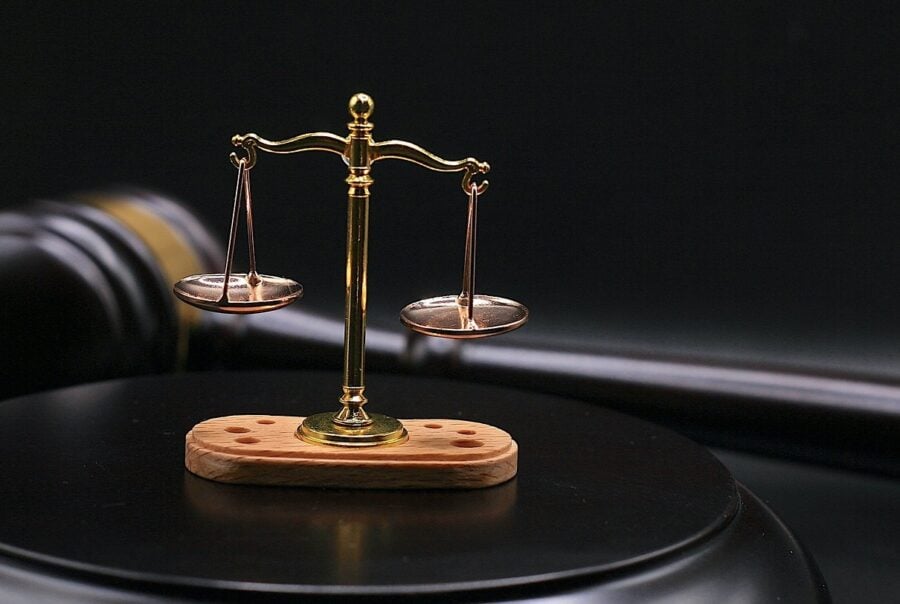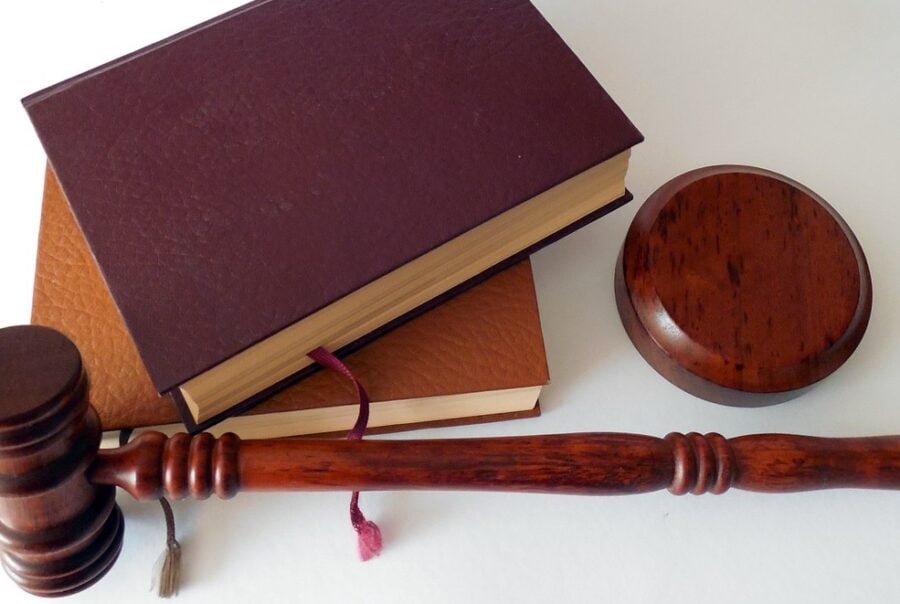While the application process with the Social Security Administration (SSA) is quite rigorous, you have the option to appeal if your SSDI benefits are denied. There is also no limit to the number of SSDI claims that you can file. Regardless of why you are applying for social security disability, it’s always a good idea to have a lawyer on your side.
SSDI hearings can be quite lengthy and complicated. Oftentimes, it takes a whole year just to have your case heard by an Administrative Law Judge (ALJ). Even after the judge hears your case, it can be many more months before a decision is reached. Having a qualified attorney on your side will ensure that this process goes as quickly and smoothly as possible.
The House of Justice will ensure you have the best possible chance of winning your SSDI appeal. Contact Us to get started.
What Can I Expect at a Disability Hearing?
At any disability hearing, you should expect the judge to clearly explain why your case was denied in the first place. After that, the ALJ will ask you and your legal team to present missing information that might reverse the original decision. In almost every case, social security disability benefits are denied due to insufficient evidence related to medical claims and work history.
There are a variety of avenues that you can take to strengthen your social security disability claim at an ALJ hearing. According to the SSA website, “during a hearing about whether a person is disabled, the Administrative Law Judge may ask a medical expert or vocational expert to testify. You and the witnesses answer questions under oath or affirmation.” In other instances, you might provide additional paperwork to prove you meet the minimum work history criteria for SSDI benefits.
How Do I Prepare for a Social Security Disability Hearing?
As seen with any court case, preparation for an ALJ hearing requires specific steps such as hearing requests, evidence submission, as well as personal courtroom rehearsals.
Hire an Attorney
If you haven’t already been working with an attorney on your application and reconsideration, the first thing you should do to prepare for your social security hearing is to hire a lawyer. Not only will a skilled attorney scrutinize your original filing for missing pieces, but they will also represent you in court. All things considered, having a legal team for your case greatly increases your odds of success.
Hearing Request
With your legal team assembled, the next step is to file a disability hearing request. Since it can take up to a year to even have your case heard, it’s important that you follow protocol for the request. For example, you want to ensure that you file a hearing request with the correct district where you live.
Organize Documentation
Since nearly all SSDI claims are denied due to a lack of evidence regarding applicants’ medical conditions and work histories, you should always get your documents organized ahead of time. In these situations, a skilled attorney can find obvious holes in your case, as well as locate the correct paperwork to strengthen your argument.
Evidence Submittal
To make things go smoothly at your disability hearing, you must submit all relevant evidence prior to seeing the judge. When submitting evidence, your lawyer must follow very specific steps set forth by the SSA. Most notable is, “76 FR 56107: Requiring Use Of Electronic Services By Certain Claimant Representatives.”
Prepare for Questioning
While your attorney will be present at your disability hearing, you will also be expected to answer questions set forth by the judge. As such, studying and rehearsing common questions from SSDI hearings is a great idea.
What Questions Do They Ask at a Social Security Disability Hearing?
There are a few general questions that you can expect to answer at an ALJ hearing:
- Can you tell me about your professional life for the past 15 years?
- What is the medical diagnosis that keeps you from working?
- Can you tell me about your last job and your responsibilities?
- How does your medical condition affect your work and home life?
- What types of treatments have you tried for your condition?
Please note, this list of questions is not exhaustive. However, they provide a great starting point for the disability hearing preparation process.
How Long Does It Take for the SSA to Make a Decision After a Hearing?
Since there are so many different districts and judges that deal with SSDI cases, it’s difficult to say exactly how long it will take for the SSA to make a decision after your hearing. In very rare cases where benefits are approved due to overwhelming evidence, an ALJ might make the decision on the spot. Otherwise, you should expect to wait an additional 60-90 days after a hearing for a final decision.
If your ALJ decides they need more evidence to make a ruling on your case, the whole thing can get dragged out even longer – sometimes up to a year.
Why Work with the House of Justice for Your SSDI Hearing?
Having a skilled disability attorney represent you at your disability hearing greatly increases your chance of success. ALJ hearings are delicate, time-consuming events that should only be handled by professionals. The House of Justice has excellent success rates with SSDI cases. Even better, you don’t have to pay unless you are awarded SSDI benefits!
Call 1-800-840-4040 to get started on your SSDI appeal!
Hours - Monday through Friday from 8am to 6pm. (PST)




